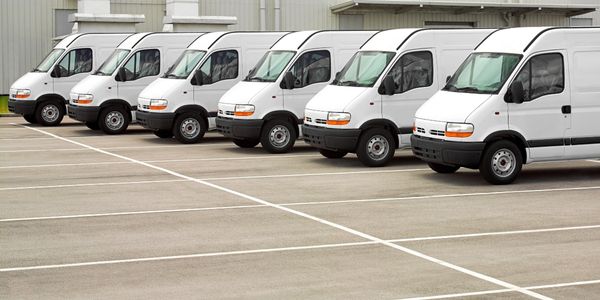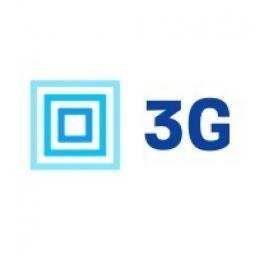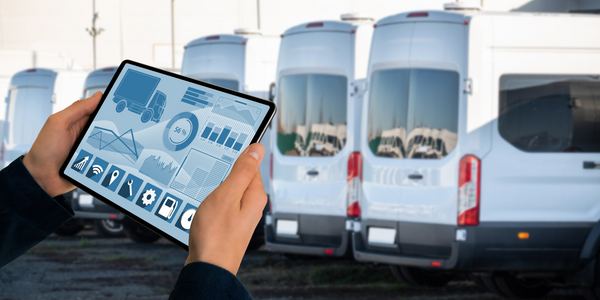Region
- America
Country
- United States
Product
- 3G Transportation Management
Implementation Scale
- Enterprise-wide Deployment
Impact Metrics
- Customer Satisfaction
- Productivity Improvements
Technology Category
- Functional Applications - Transportation Management Systems (TMS)
Applicable Functions
- Logistics & Transportation
Use Cases
- Fleet Management
- Supply Chain Visibility
Services
- System Integration
About The Customer
Fabuwood is an integrated manufacturer of semi-custom kitchen cabinetry. The company, however, sees itself as a technology company that happens to produce cabinets and has built a formidable growth strategy around that philosophy. As a result, its fulfillment times are but a fraction of its competitors’ to the delight of homeowners throughout North America. Fabuwood has pioneered the deployment of advanced IT systems in cabinet manufacturing and was the first in its industry to build a business around their use. The company has invested substantially in building this technology, but it also acquires some specialty systems from partners.
The Challenge
Fabuwood is a cabinet manufacturing company that sees itself as a technology company. It has pioneered the deployment of advanced IT systems in cabinet manufacturing and was the first in its industry to build a business around their use. The company has invested substantially in building this technology, but it also acquires some specialty systems from partners. For freight transportation management, it selected 3G Transportation Management. The team chose to put its trust in 3G for two reasons: its ability to support multiple operations and a shared customer-first philosophy. While many manufacturers choose to outsource logistics planning entirely, the Fabuwood team has a different approach – one that requires maintaining control of operations in order to maintain control of the customer experience. The common focus on the end customer experience led to a mutual understanding of what was really important.
The Solution
3G’s phased implementation approach allowed Fabuwood to go live and begin planning its LTL shipments while continuing to incorporate additional functionalities. While Fabuwood saw the software’s ability to meet its immediate needs, it was 3G’s partnership approach that gave the company long-term confidence. While other software packages probably could have handled the here-and-now, 3G was best positioned to support Fabuwood’s aggressive growth plans. The right transportation management partner had to not only be able to keep up with Fabuwood technologically, it had to be philosophically aligned, too. That meant a refusal to sacrifice customer experience for the sake of additional sales. Upholding its reputation meant working with a software provider that felt invested in the ultimate success of Fabuwood’s own customers. Like Fabuwood, 3G shares a philosophy of growth through continuous improvement to processes and products. For this reason, the 3G development team has worked directly with the Fabuwood team to collaborate on product enhancement initiatives (to the potential benefit of all 3G customers).
Operational Impact
Quantitative Benefit

Case Study missing?
Start adding your own!
Register with your work email and create a new case study profile for your business.
Related Case Studies.

Case Study
Remote Temperature Monitoring of Perishable Goods Saves Money
RMONI was facing temperature monitoring challenges in a cold chain business. A cold chain must be established and maintained to ensure goods have been properly refrigerated during every step of the process, making temperature monitoring a critical business function. Manual registration practice can be very costly, labor intensive and prone to mistakes.

Case Study
IoT-based Fleet Intelligence Innovation
Speed to market is precious for DRVR, a rapidly growing start-up company. With a business model dependent on reliable mobile data, managers were spending their lives trying to negotiate data roaming deals with mobile network operators in different countries. And, even then, service quality was a constant concern.

Case Study
Vehicle Fleet Analytics
Organizations frequently implement a maintenance strategy for their fleets of vehicles using a combination of time and usage based maintenance schedules. While effective as a whole, time and usage based schedules do not take into account driving patterns, environmental factors, and sensors currently deployed within the vehicle measuring crank voltage, ignition voltage, and acceleration, all of which have a significant influence on the overall health of the vehicle.In a typical fleet, a large percentage of road calls are related to electrical failure, with battery failure being a common cause. Battery failures result in unmet service agreement levels and costly re-adjustment of scheduled to provide replacement vehicles. To reduce the impact of unplanned maintenance, the transportation logistics company was interested in a trial of C3 Vehicle Fleet Analytics.

Case Study
Zonar Takes the Wheel with a M2M Solution
Zonar’s fleet management solutions collect, report and analyze data before, during and after a vehicle’s trip. The company needed Machine-to-Machine (M2M) connectivity to enable communication between in-vehicle devices and back-end systems. To deliver high volumes of potentially sensitive information from and to moving vehicles – and keep pace with its rapid business growth – Zonar wanted a highly secure solution that it could easily manage and that had the required national and global reach.









